When recruiting the stories, it would be good to answer the following questions:
- Where does the narrator come from (village, poviat), their age and occupation before the war when they were called to duty? What are their attitudes to the war, its causes and objectives?
- Have they left behind the family and the homestead, and in what condition? Have they long stayed without any news from home? Would have they heard from home? Have they gone on the leave during the war and water changes have they faced beg home, in their village and in the area? What did their family experience during the war? What hardships did they have to suffer, and how were they affected?
- What campaigns have he participated in (against the Russians, Serbs, Italians, or Romanians)? What battles did he participate in and what were his impressions? Has he been wounded or sick? Did he go to the hospital, for how long, and how was their hospital stay? Has he been awarded, when, where, and for what? Did he have many of his fellow combatants, villagers, or friends killed in the war? Has he seen them die, and what was the impact of that experience? Did he participate in their funeral?
- What hardships did he experience, and what did generally the soldiers experience during the campaign and the battles, and how did they cope?
- What were the relations between the combatants, and between the soldiers and commanders? Have there been any cases of self-sacrifice for the commanders? Have there been their acquaintances among the commanders, and how did the soldiers treat them?
Those are the critical questions to have the answers for, if possible. However, in addition other questions may be asked that the recorder may have when taking down the testimony. They should not be limited to this brief plan, and write down whatever possible. Sometimes, the smallest detail may turn out significant. That is why you should not ignore or underestimate anything. A broad collection of the wartime songs and stories will be of paramount importance because it illustrates the popular views on the war, the attitudes, and the description. Researchers will not be able to learn about this elsewhere. In fact, knowing the popular opinion about any social phenomenon in times of general democracy is by far the most important thing.

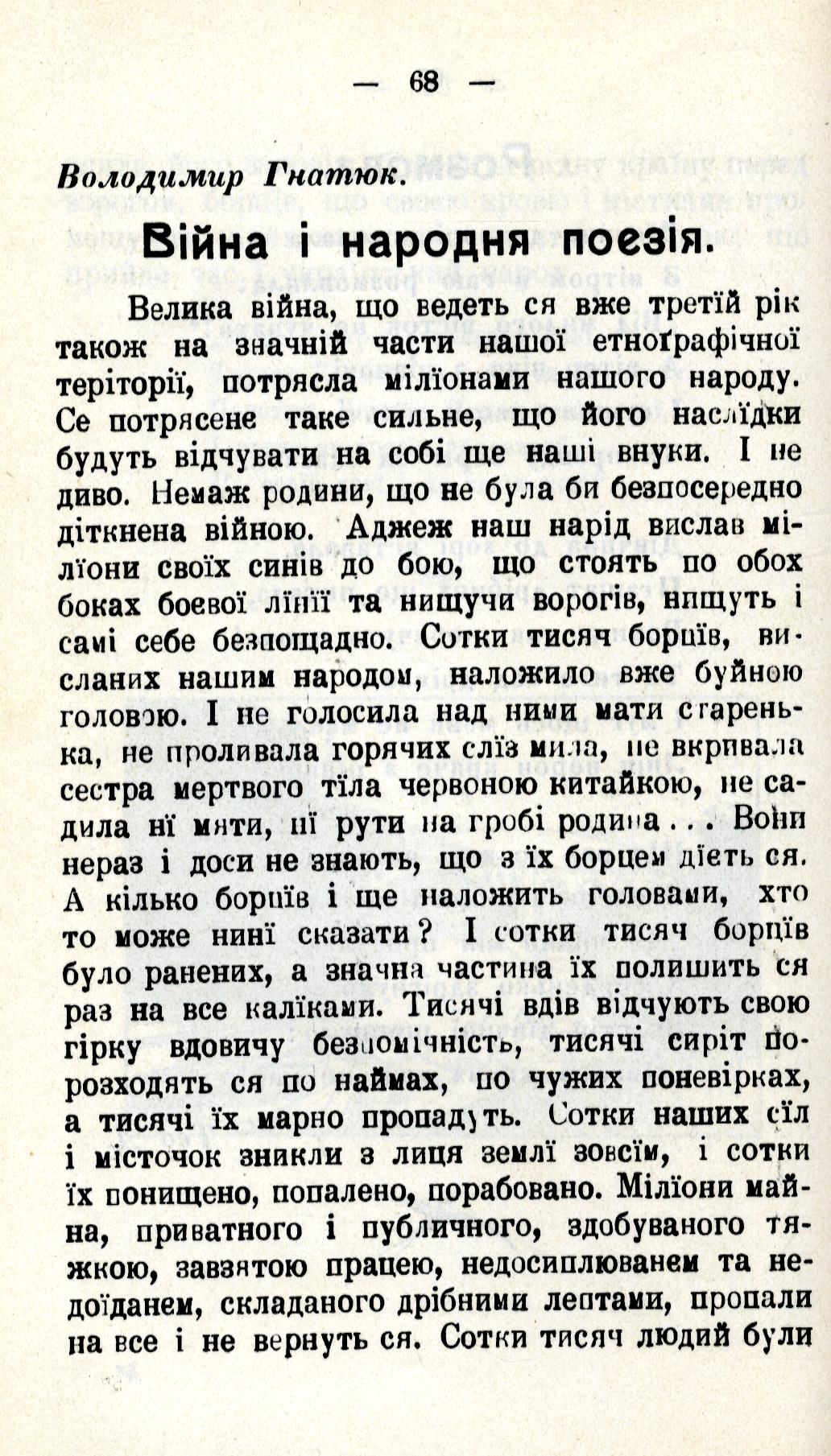
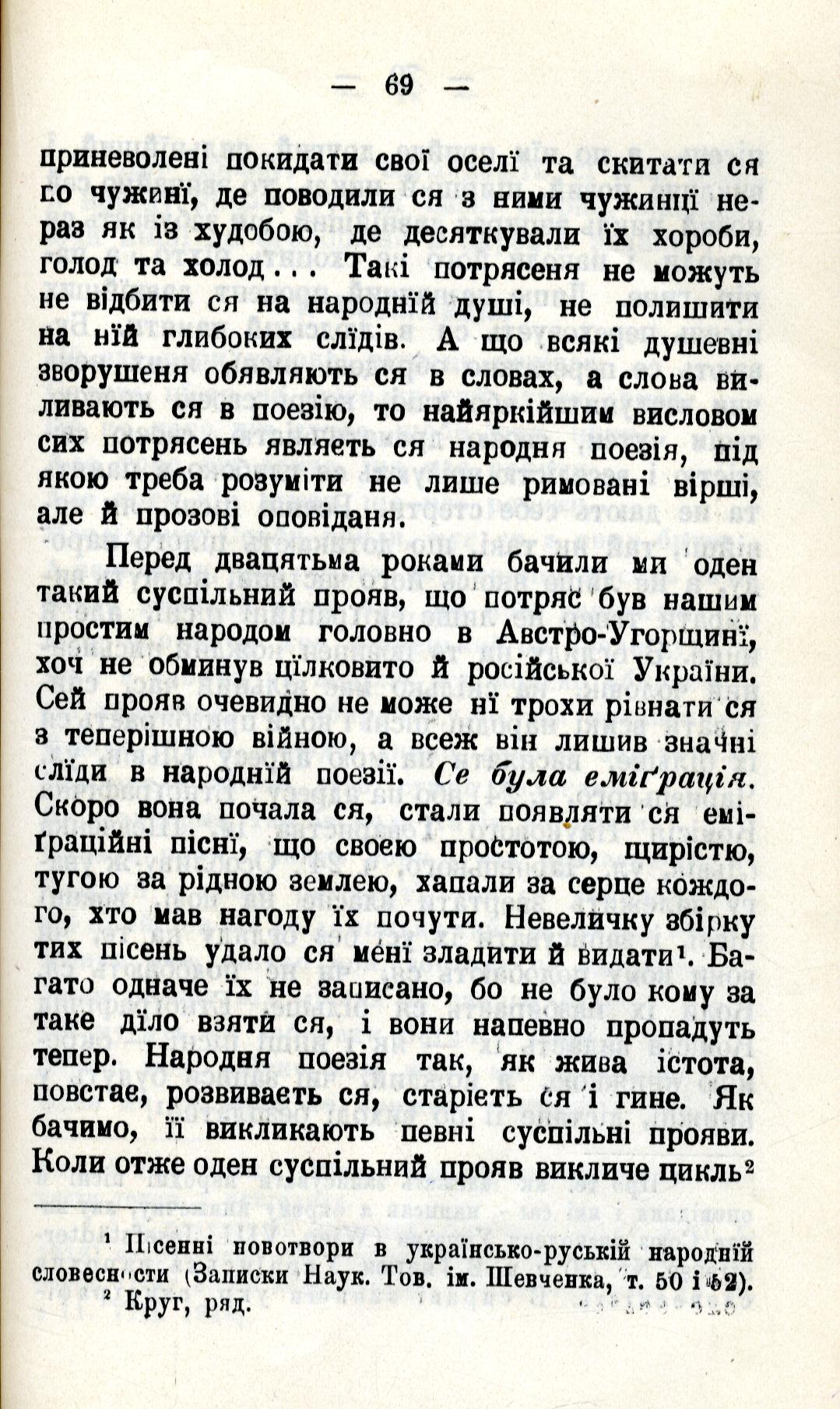
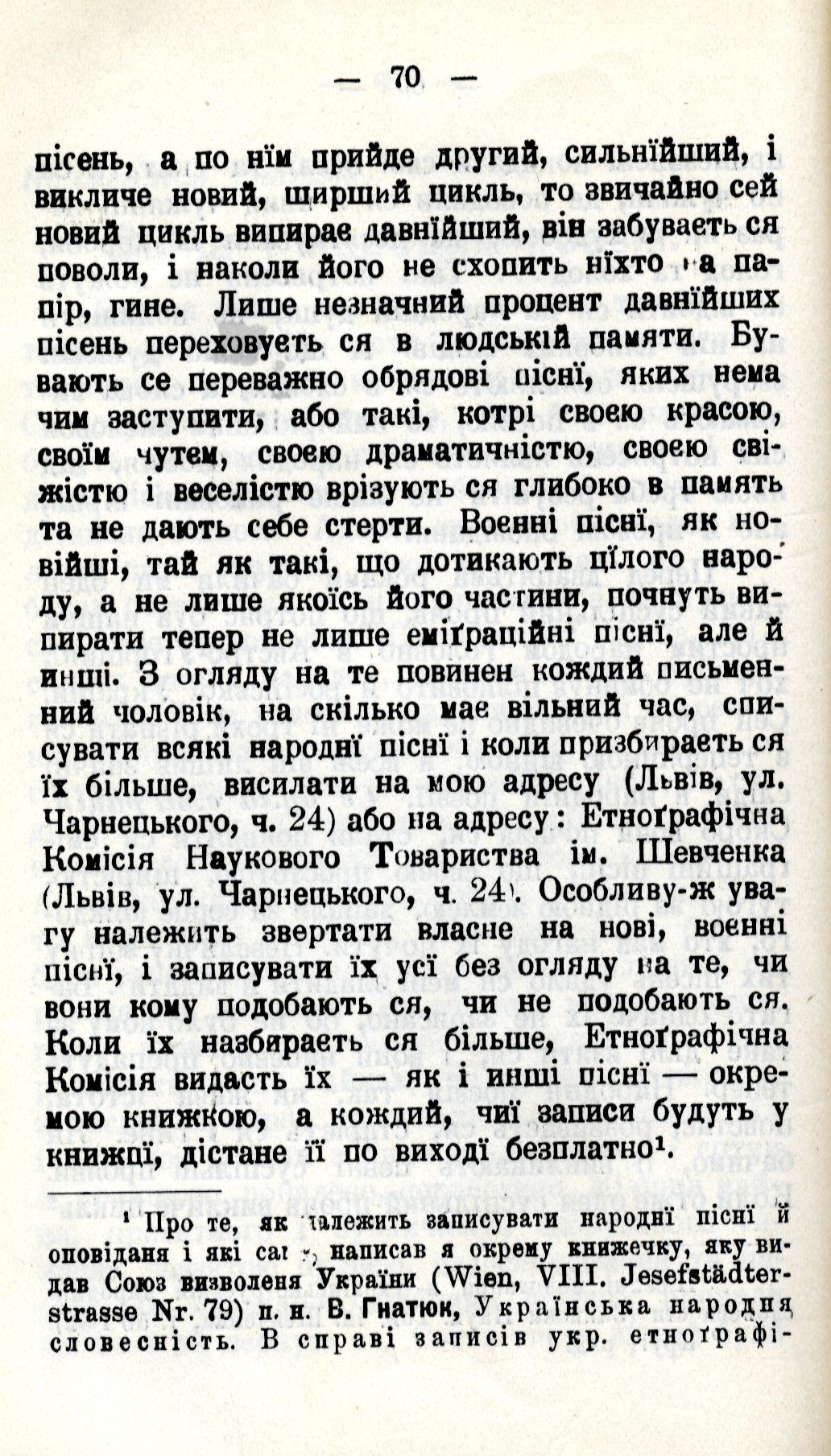
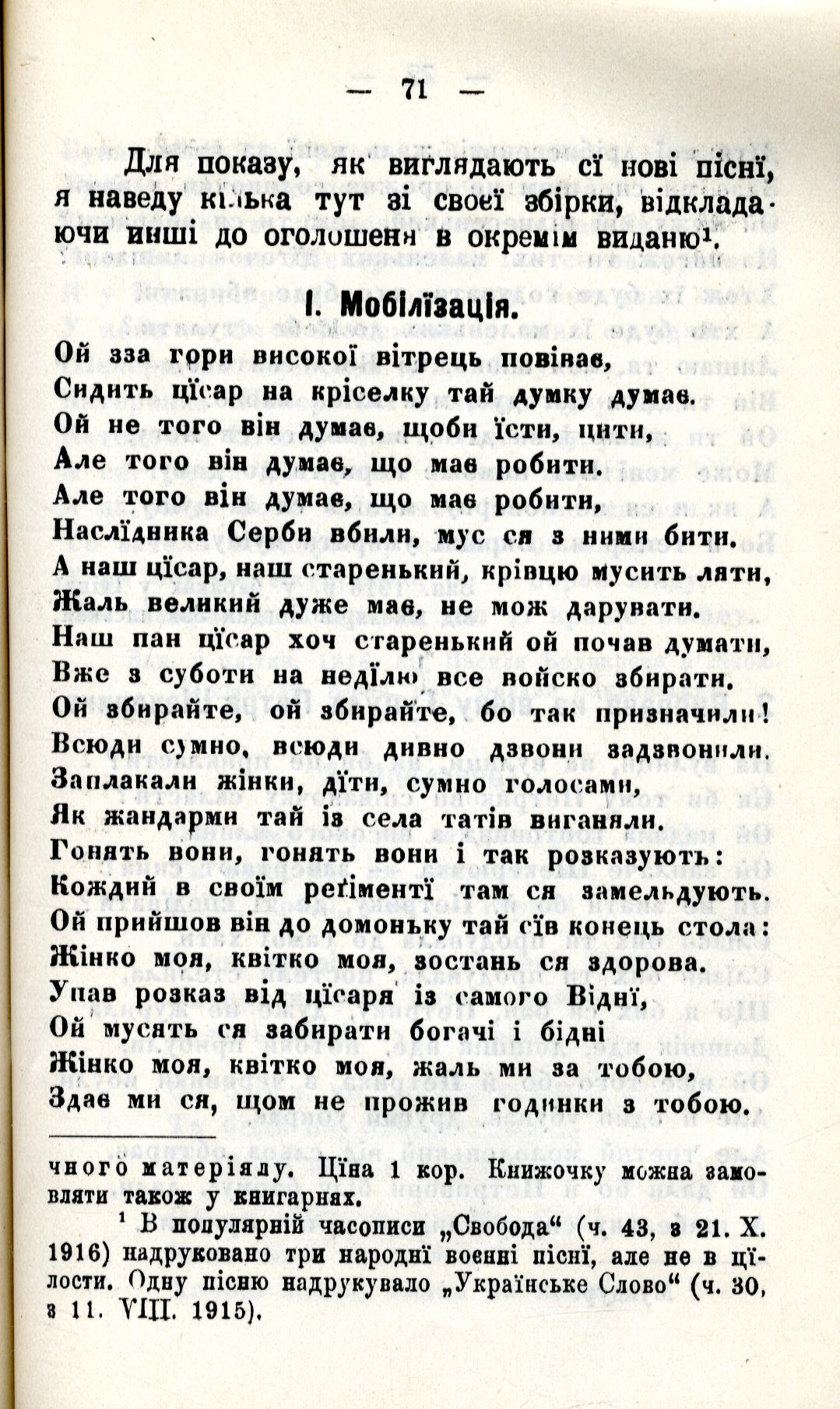
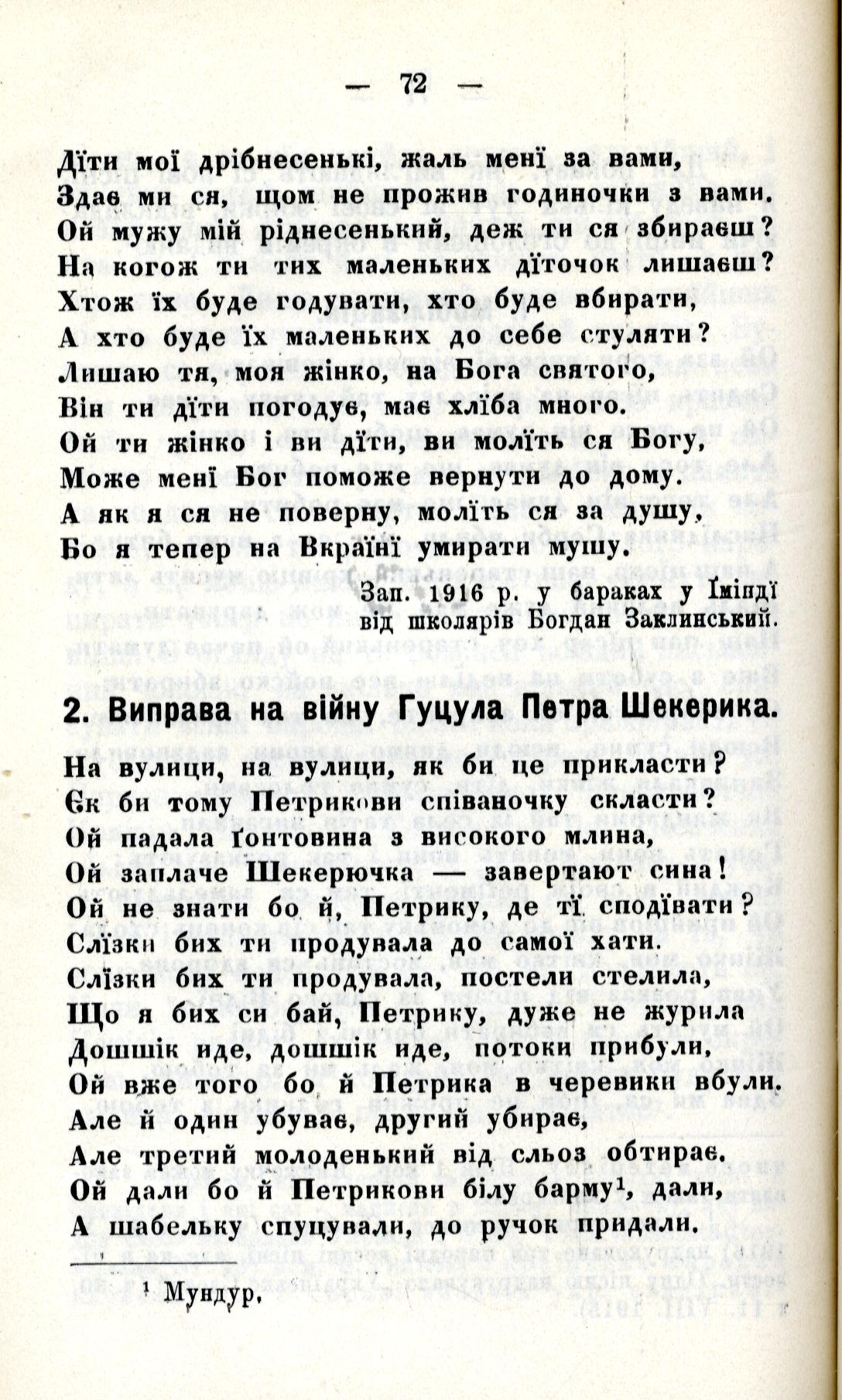
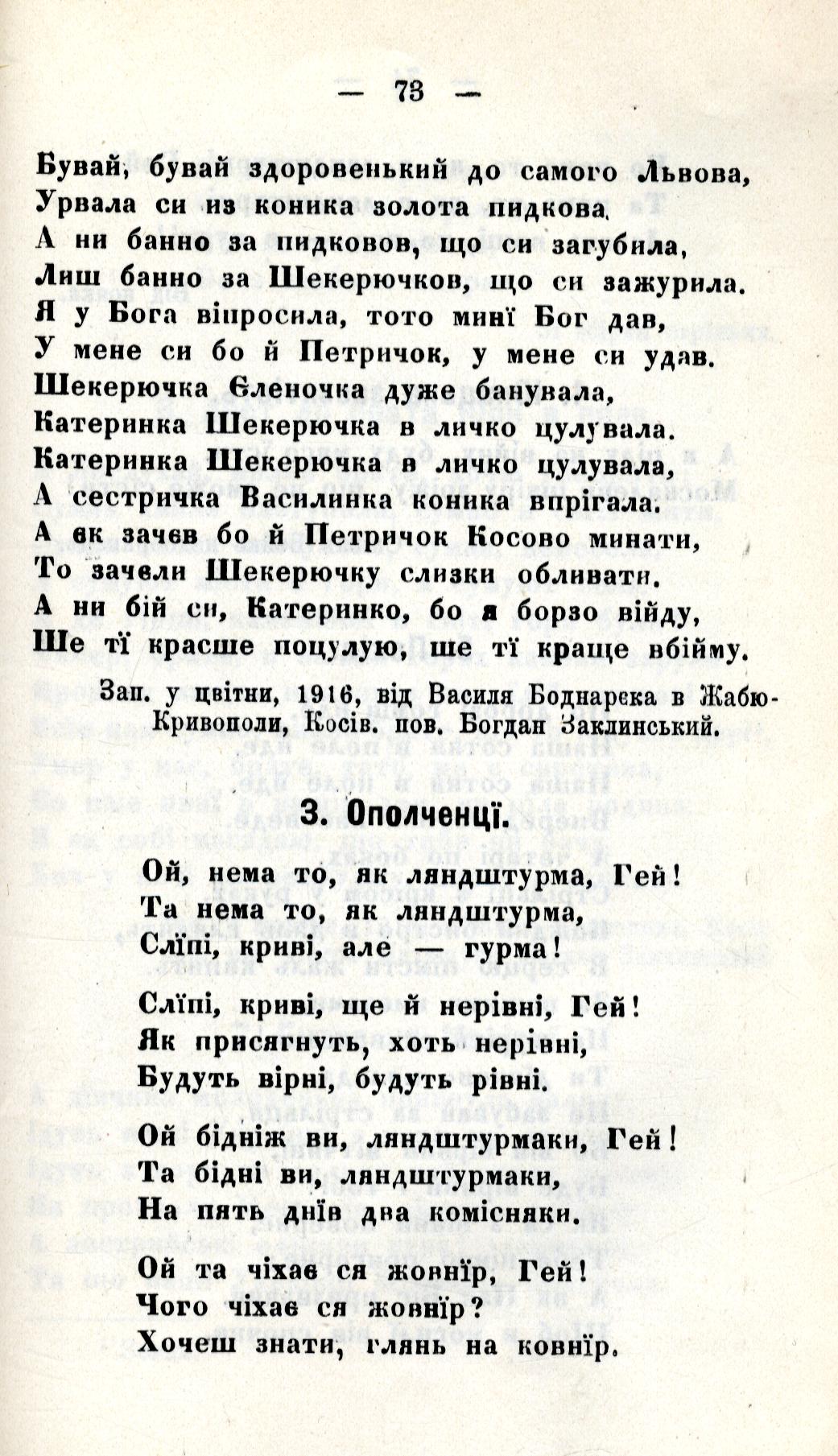
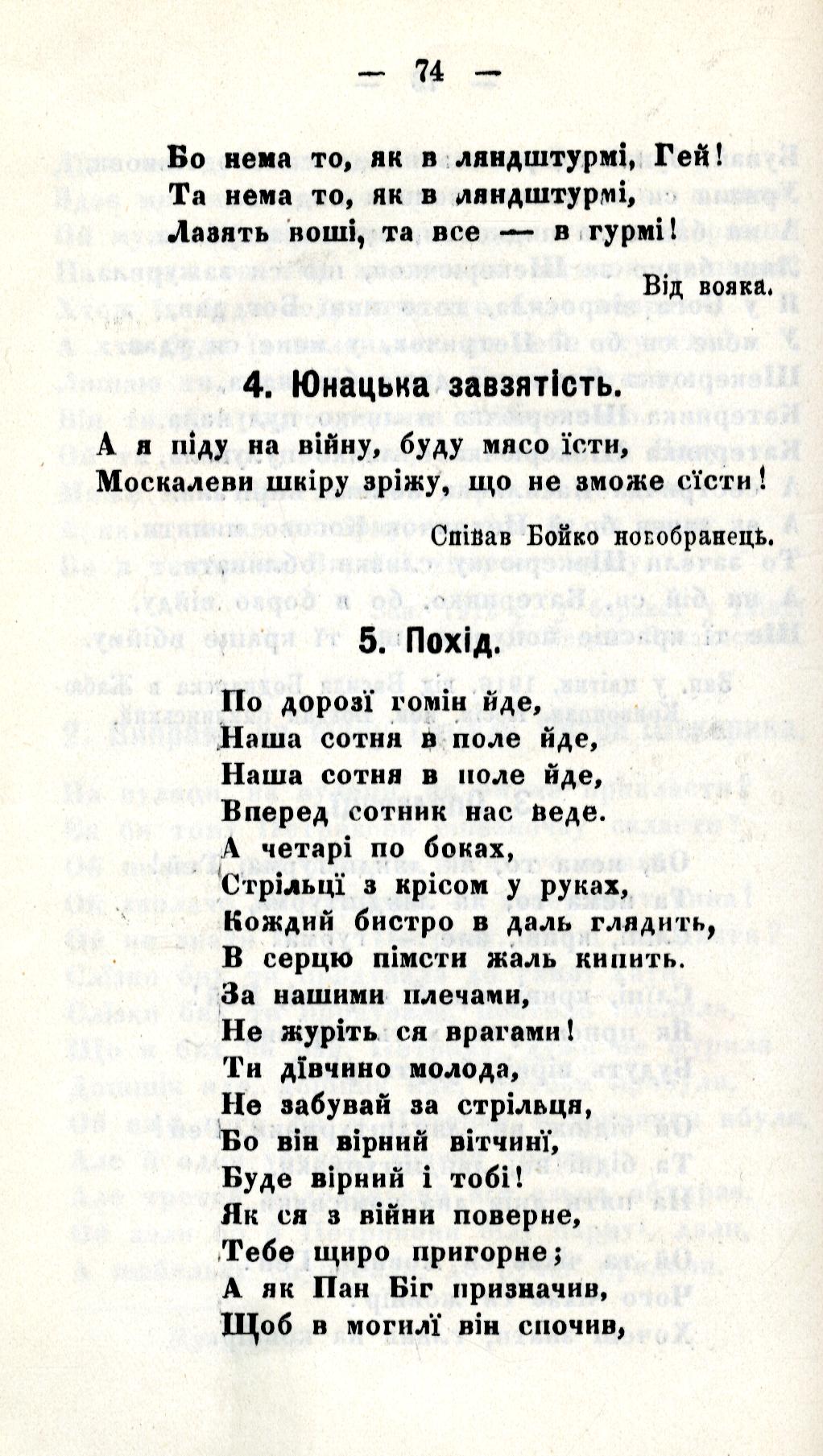
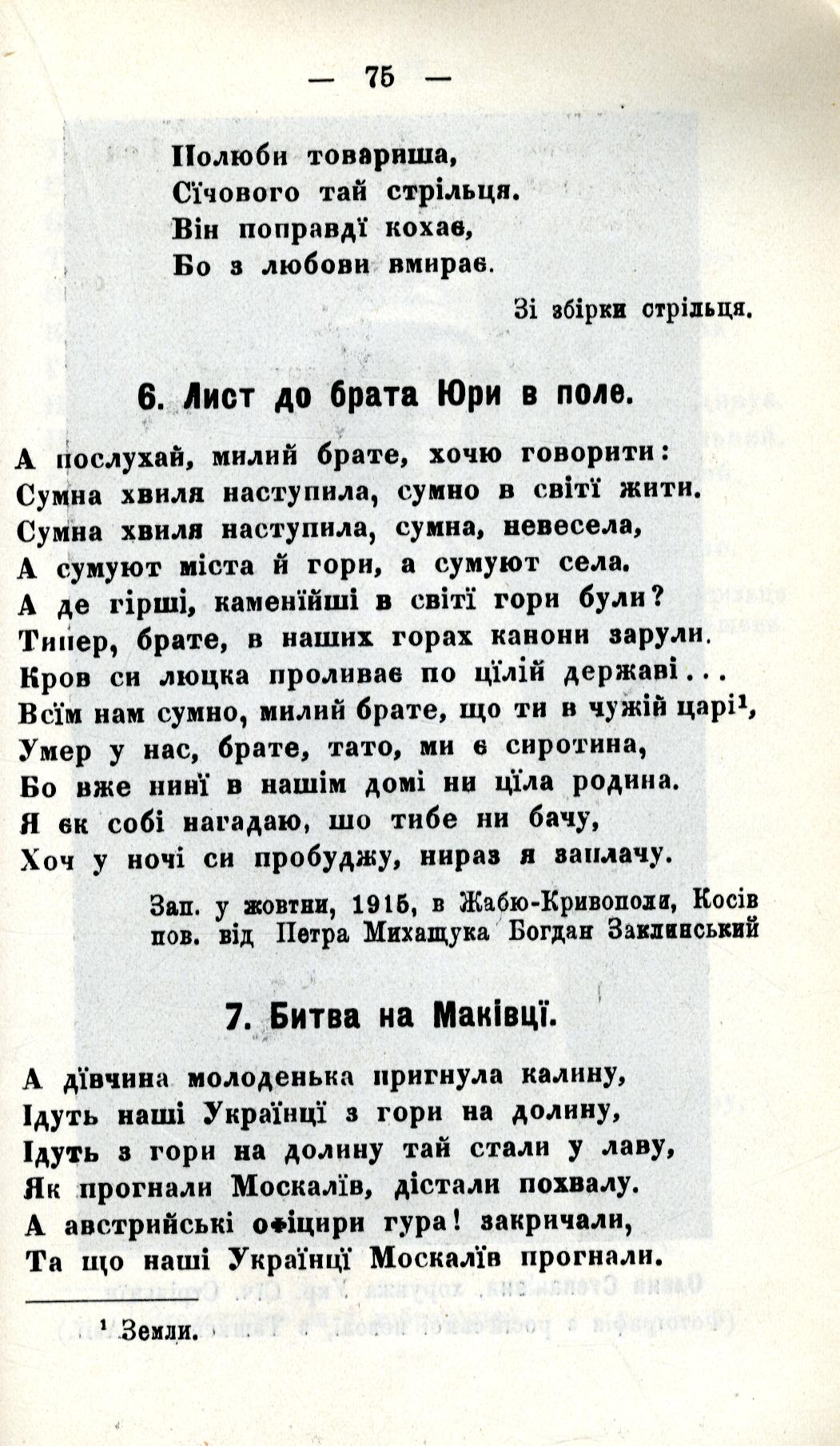
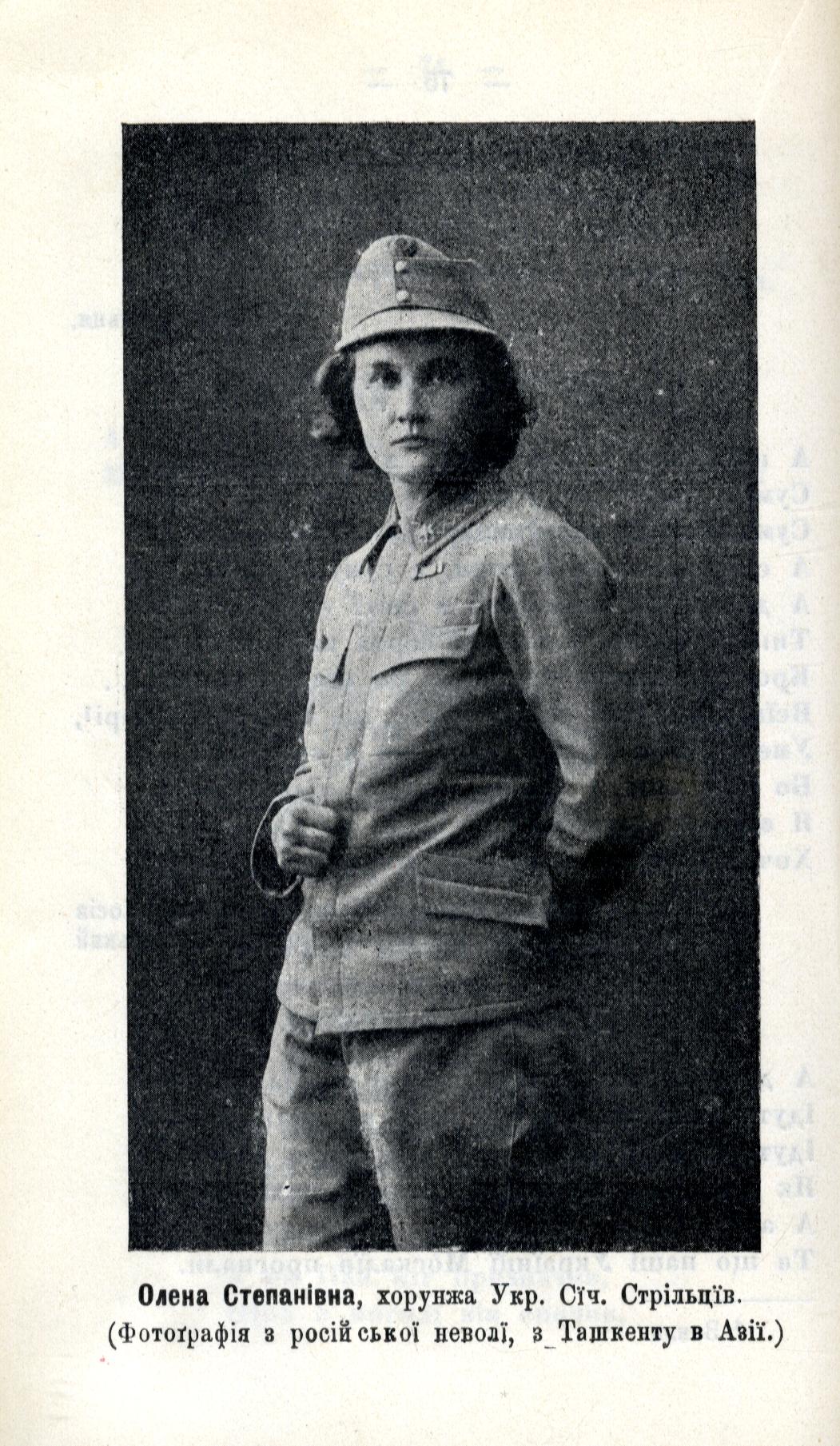
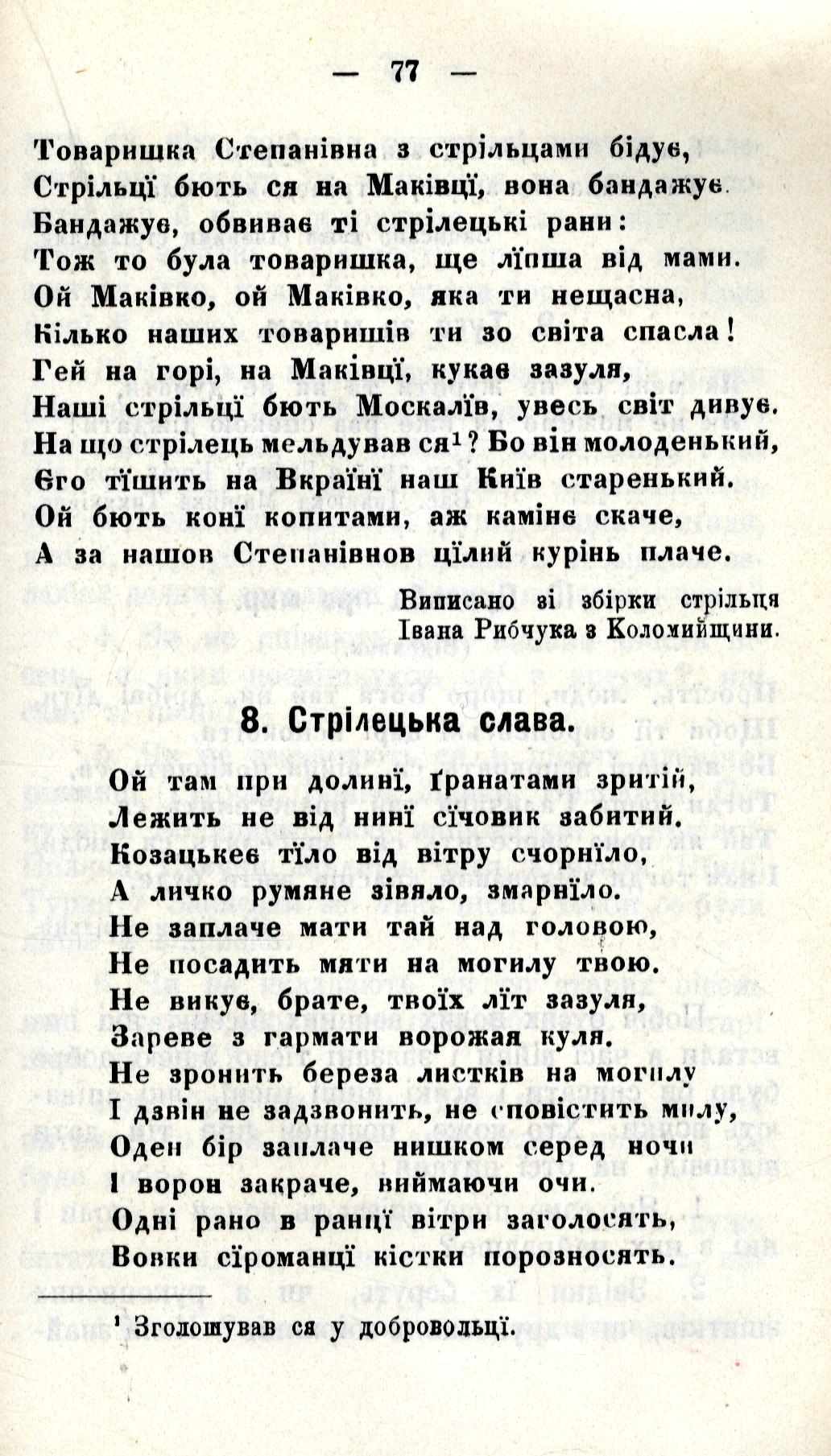
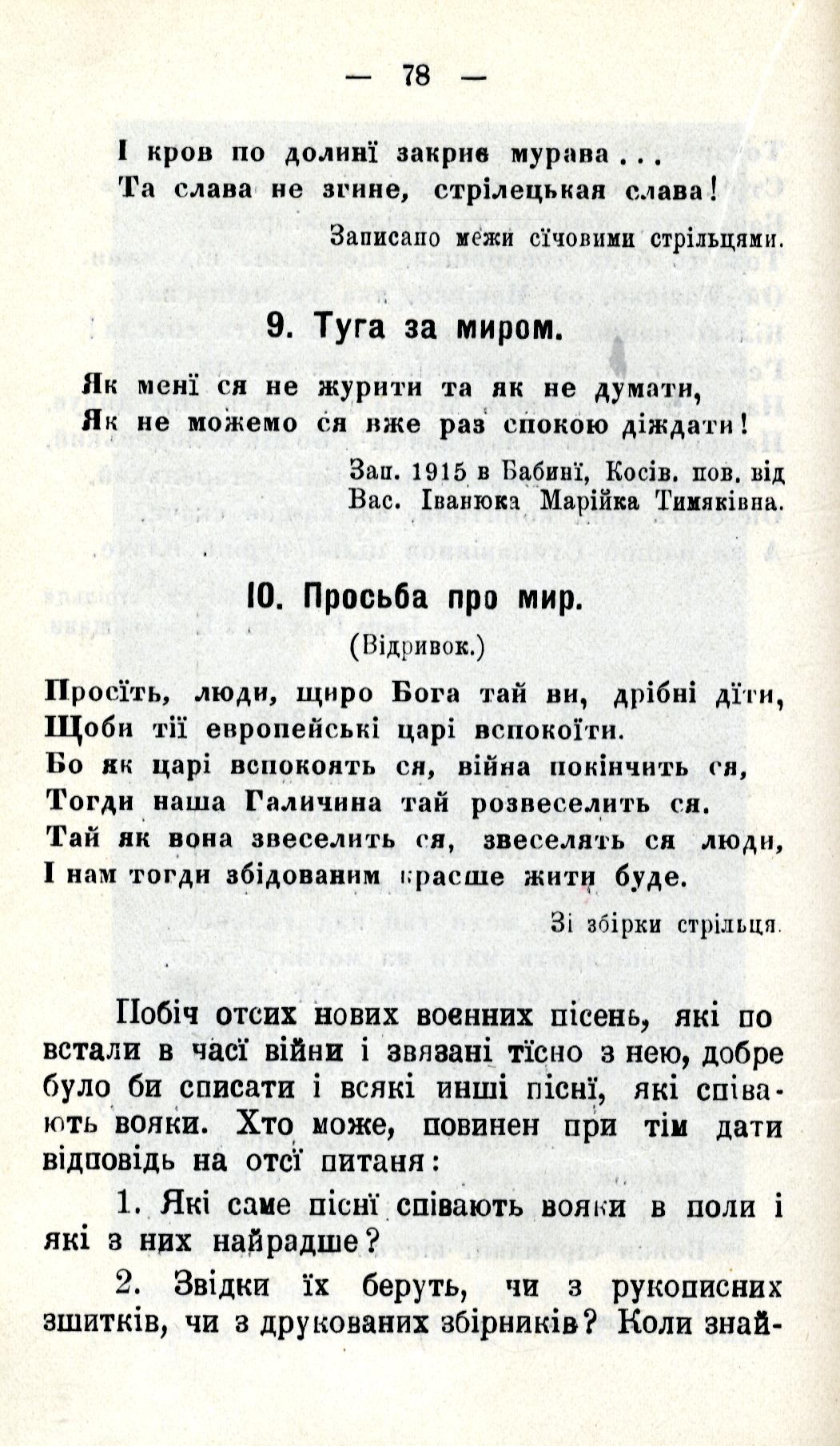
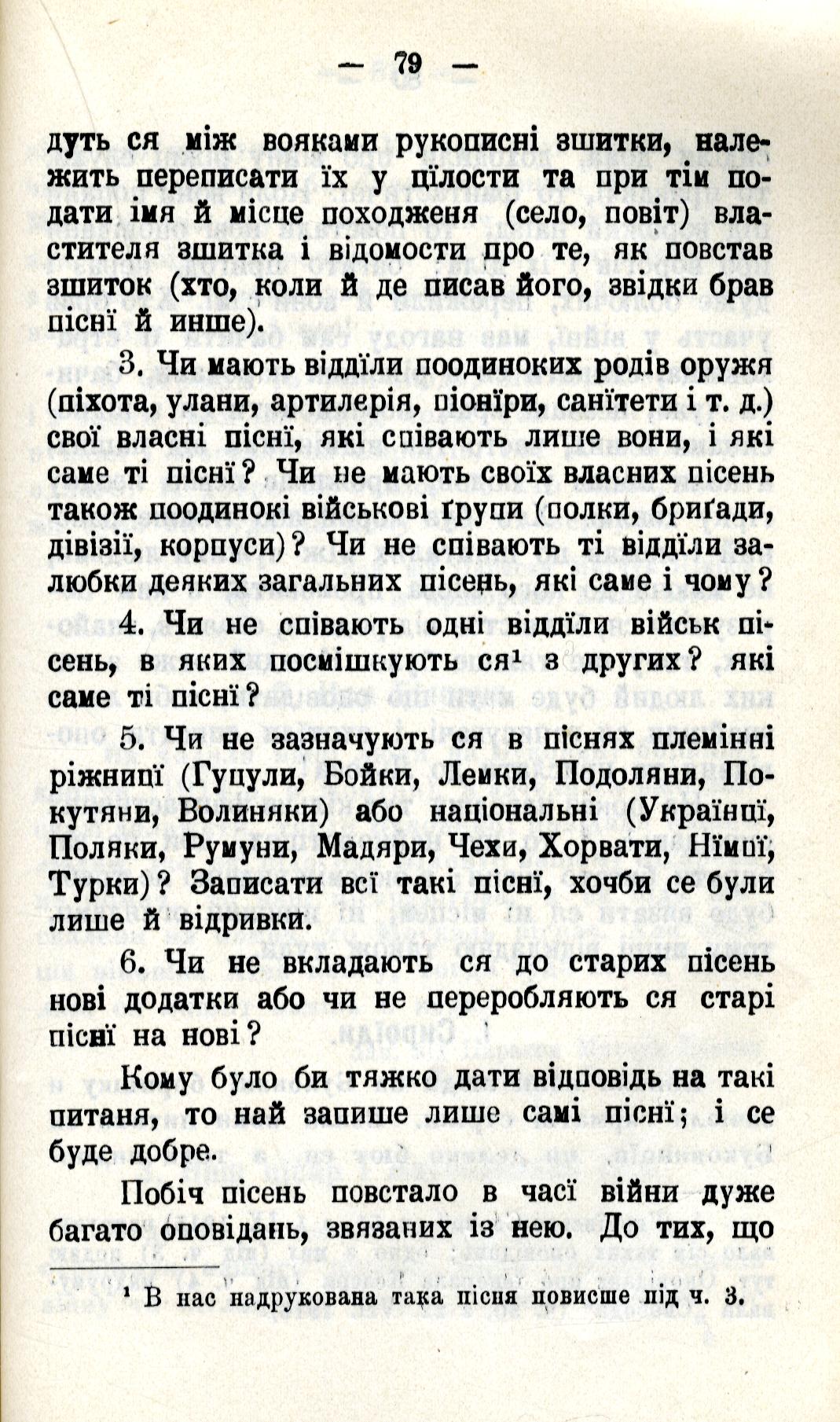
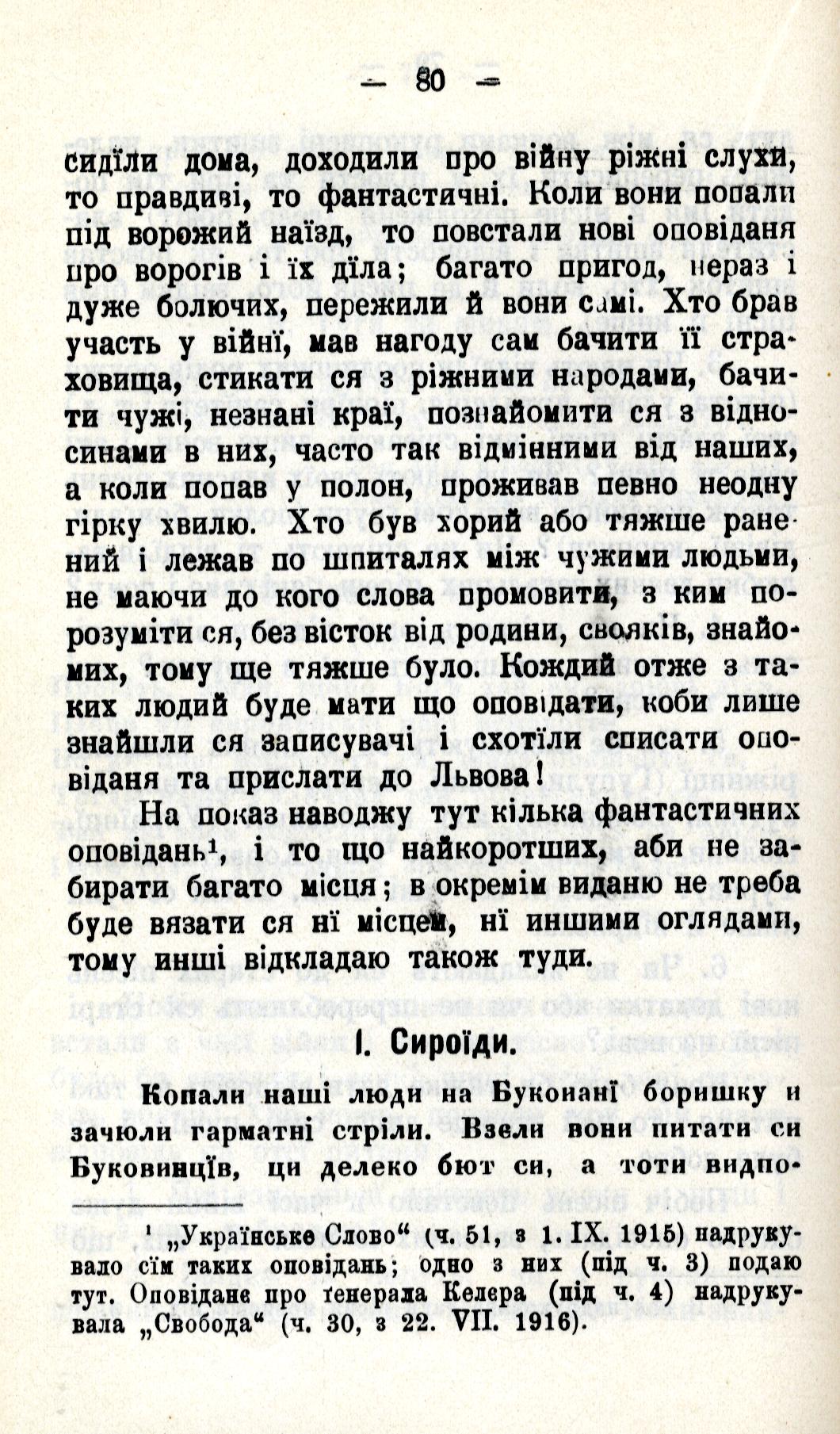
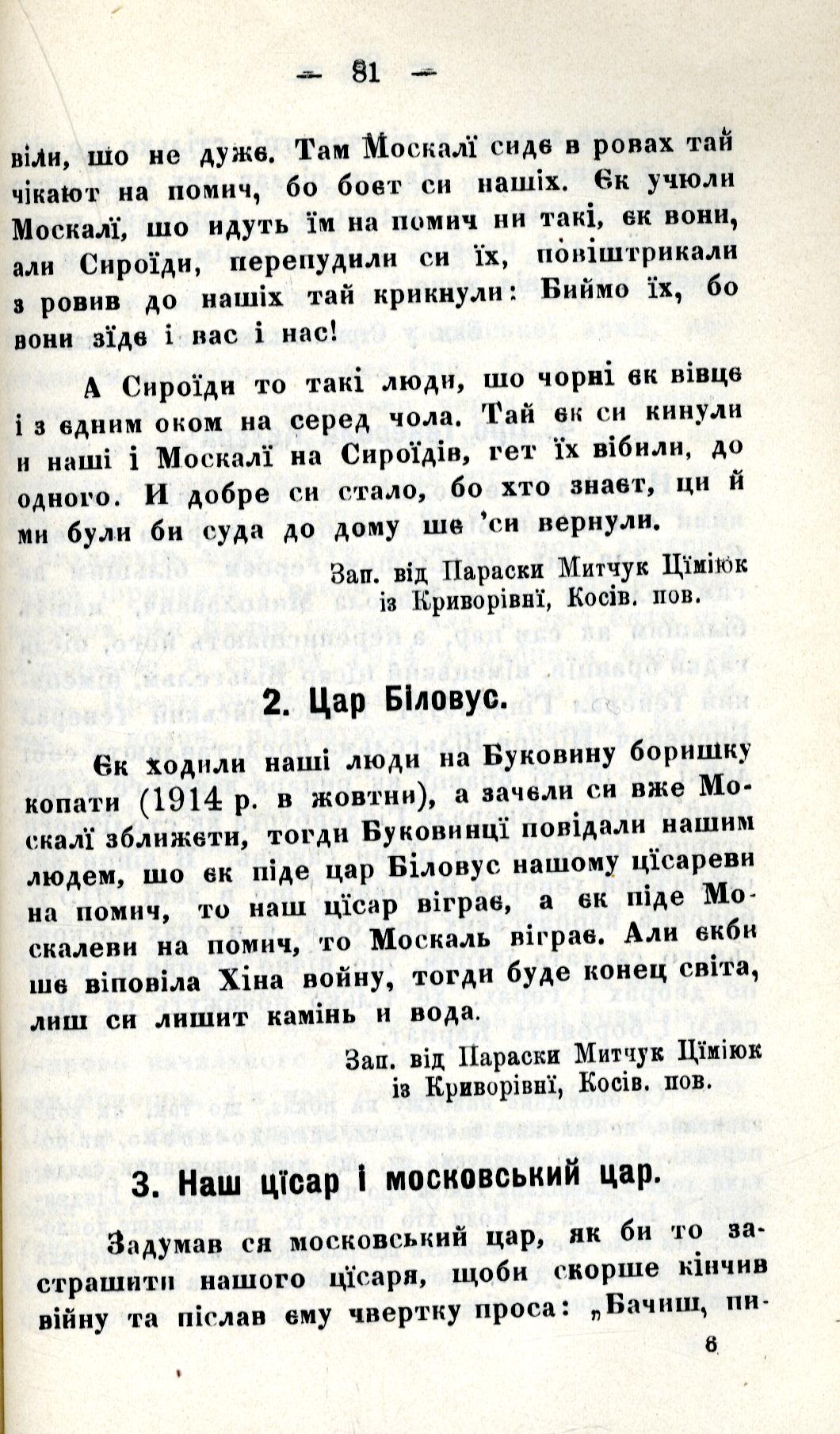
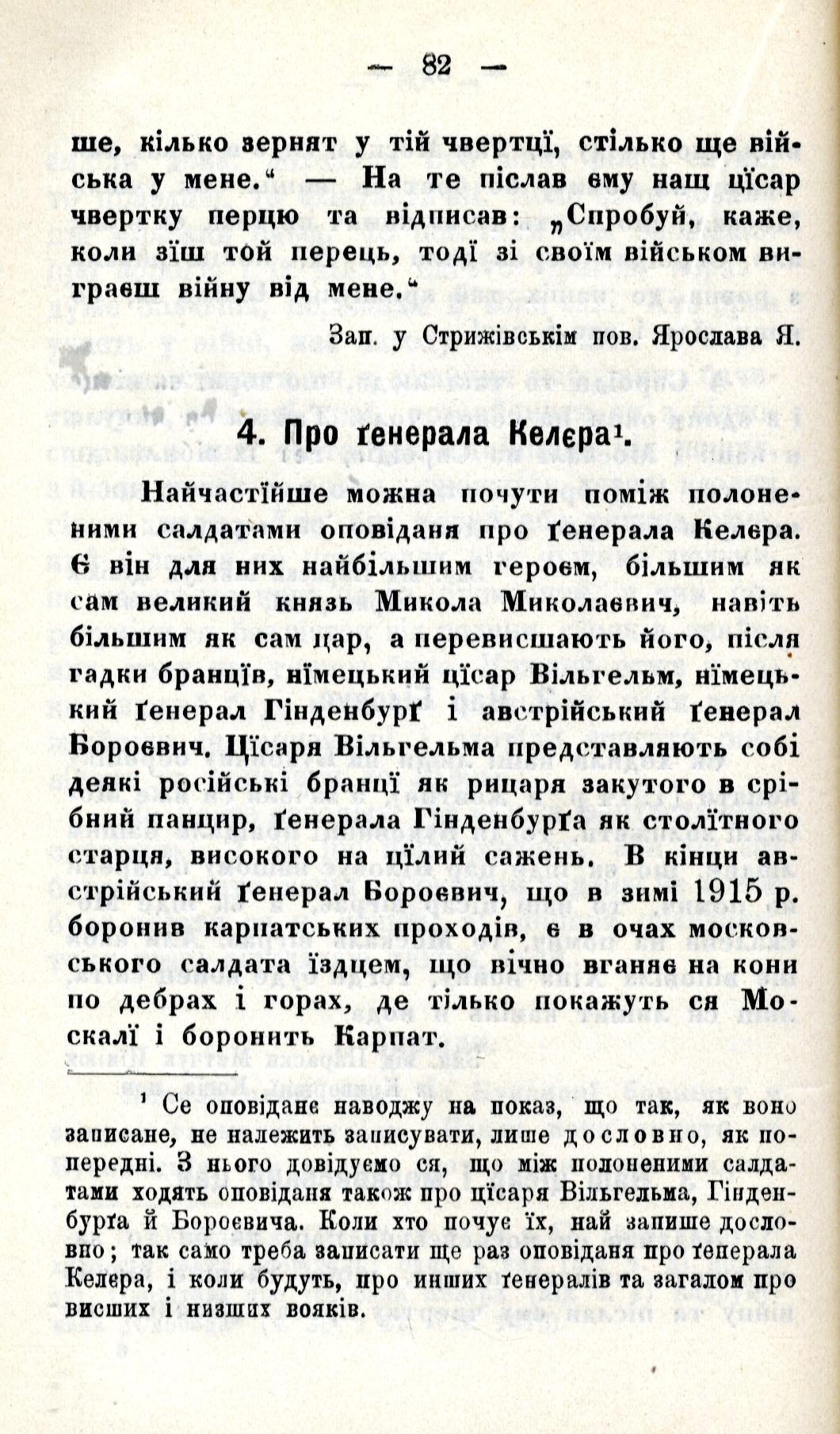
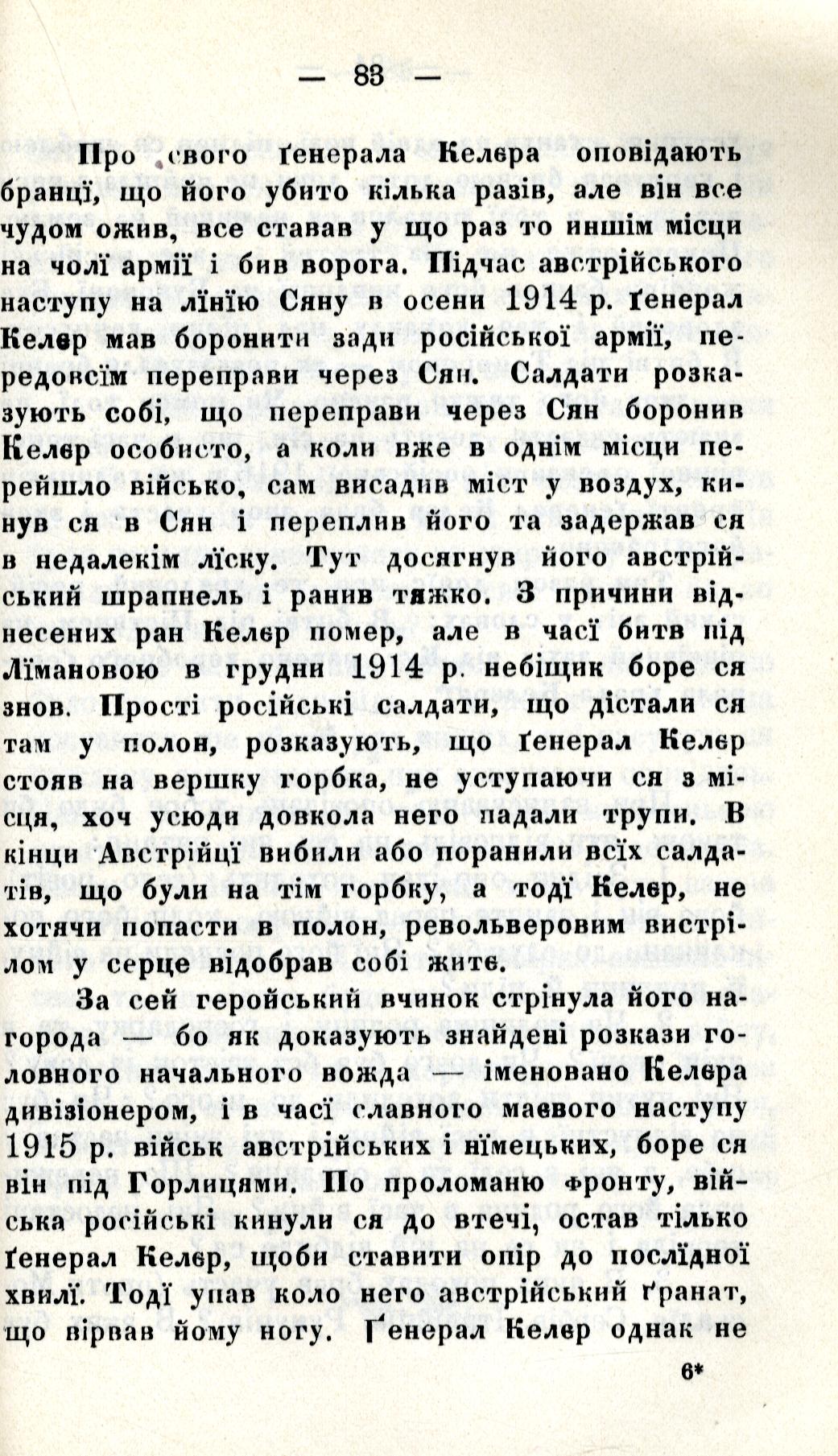
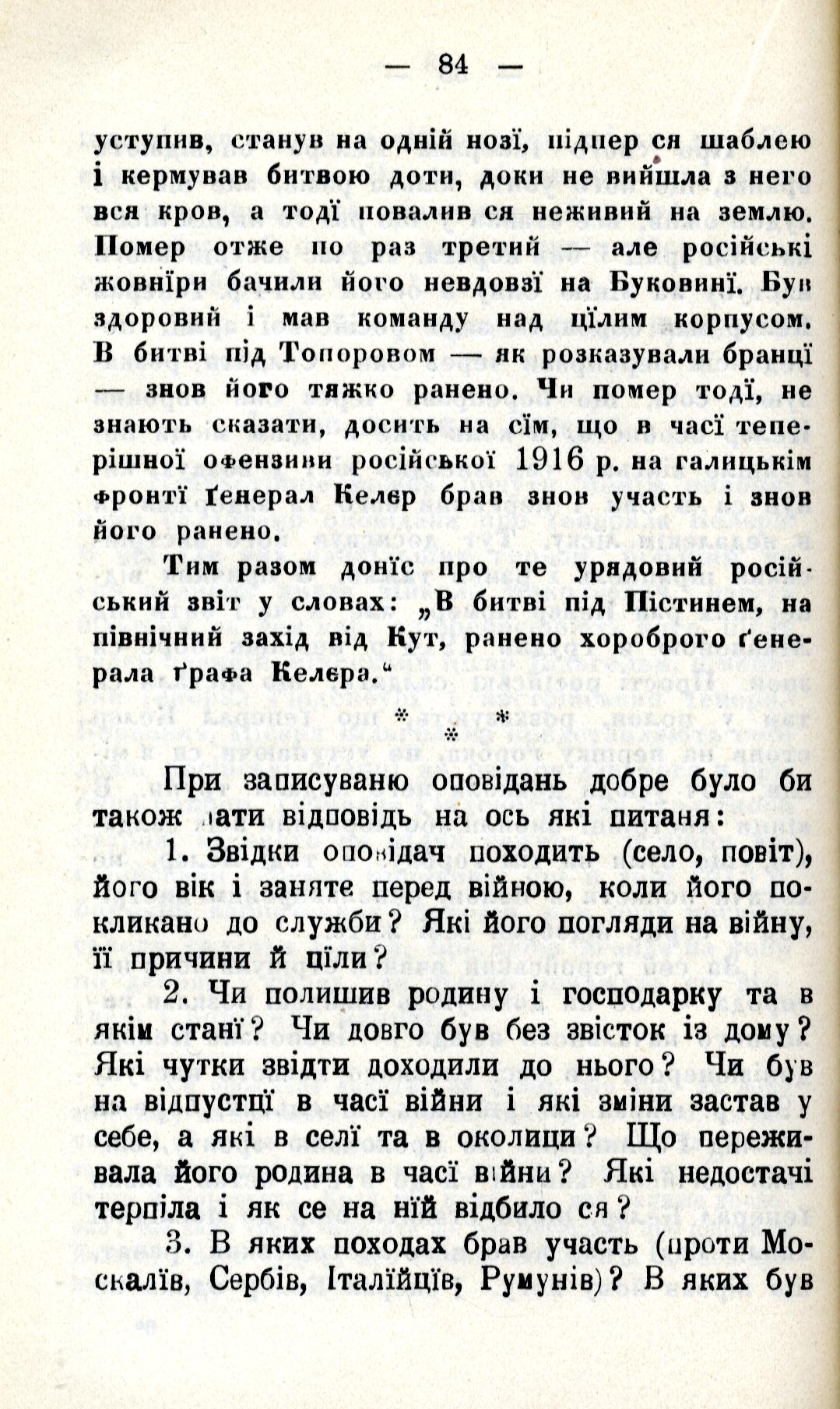
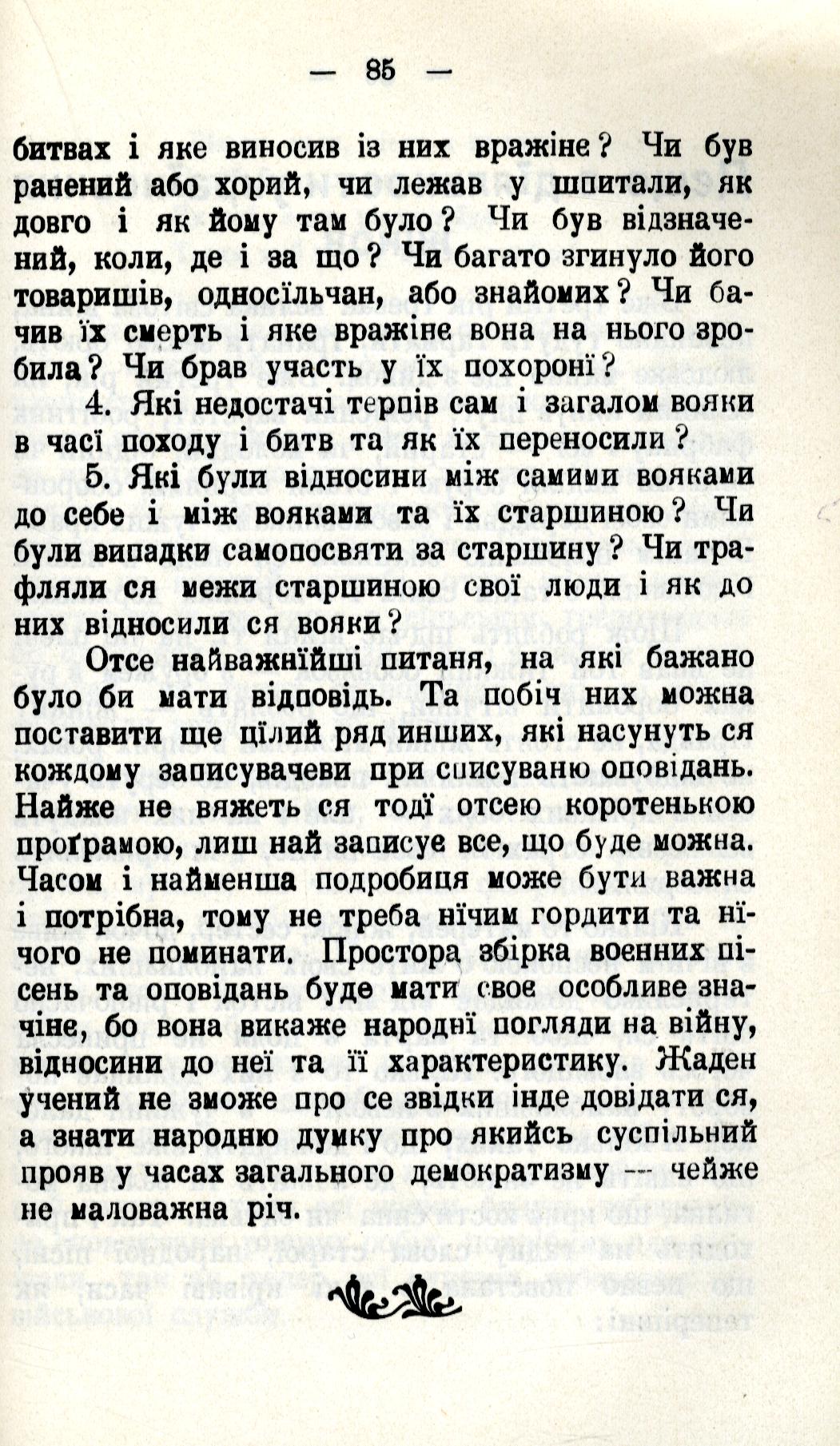

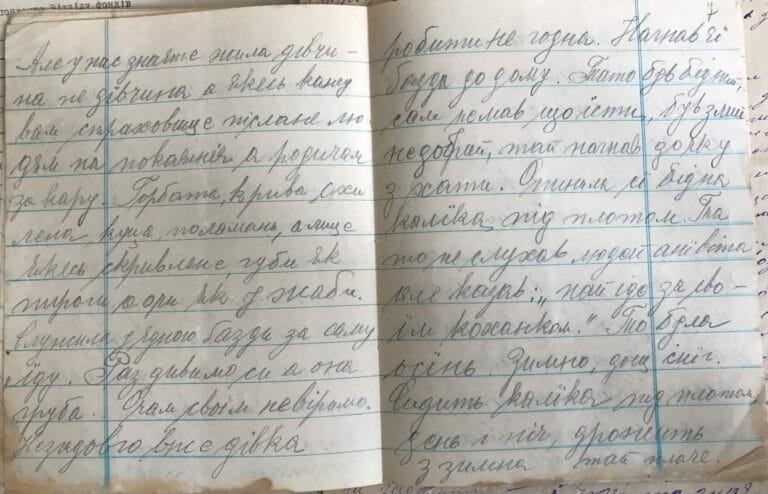
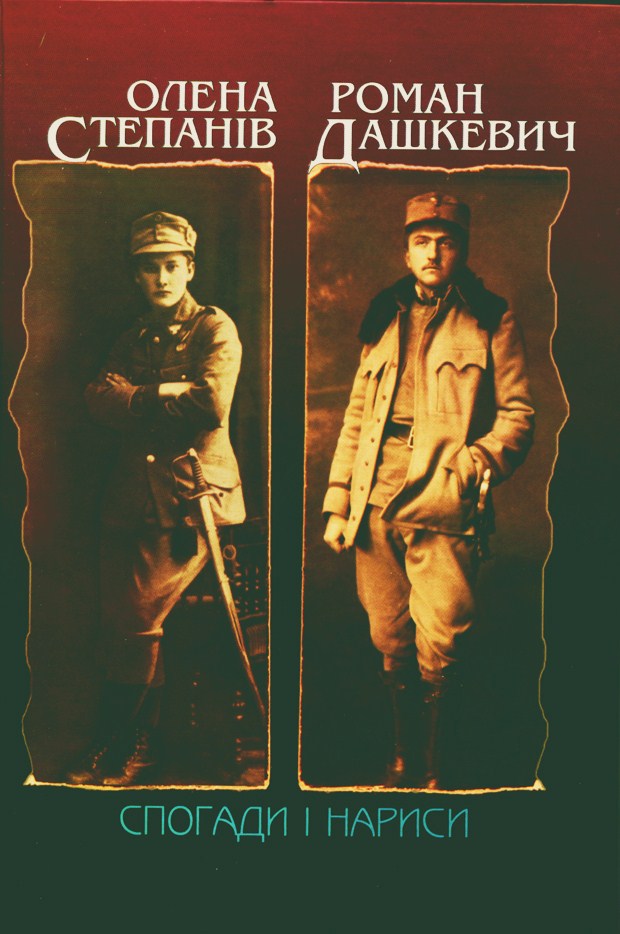
Volodymyr Hnatiuk is a public and cultural activist, the first professional Ukrainian studies scholar in Halychyna during the First World War. He published a seminal article that included three parts: and then analytical introduction, an appendix with the text of different genres, and a questionnaire illustrated below. The experienced ethnographer and the folklore researcher raised an issue about the pertinent need to record war related folklore. He believed that oral speech actively responds to every critical historic social phenomenon, and the new creativity from the war is also a crucial information and propaganda source. Hnatiuk emphasized that the key task is to identify the popular view on the war, the attitudes to the war, the assessment of the troops and relations in the military environment. The article encouraged peasants, soldiers, Galician intellectuals, and Ukrainian Sich Riflemen to record new songs, short stories, retellings, jokes, proverbs and sayings, personal memories about the combat routines, and the occupation experiences. Hnatiuk Intended to publish the collected texts after the war in a separate volume to save them “from forgetting and dying.”